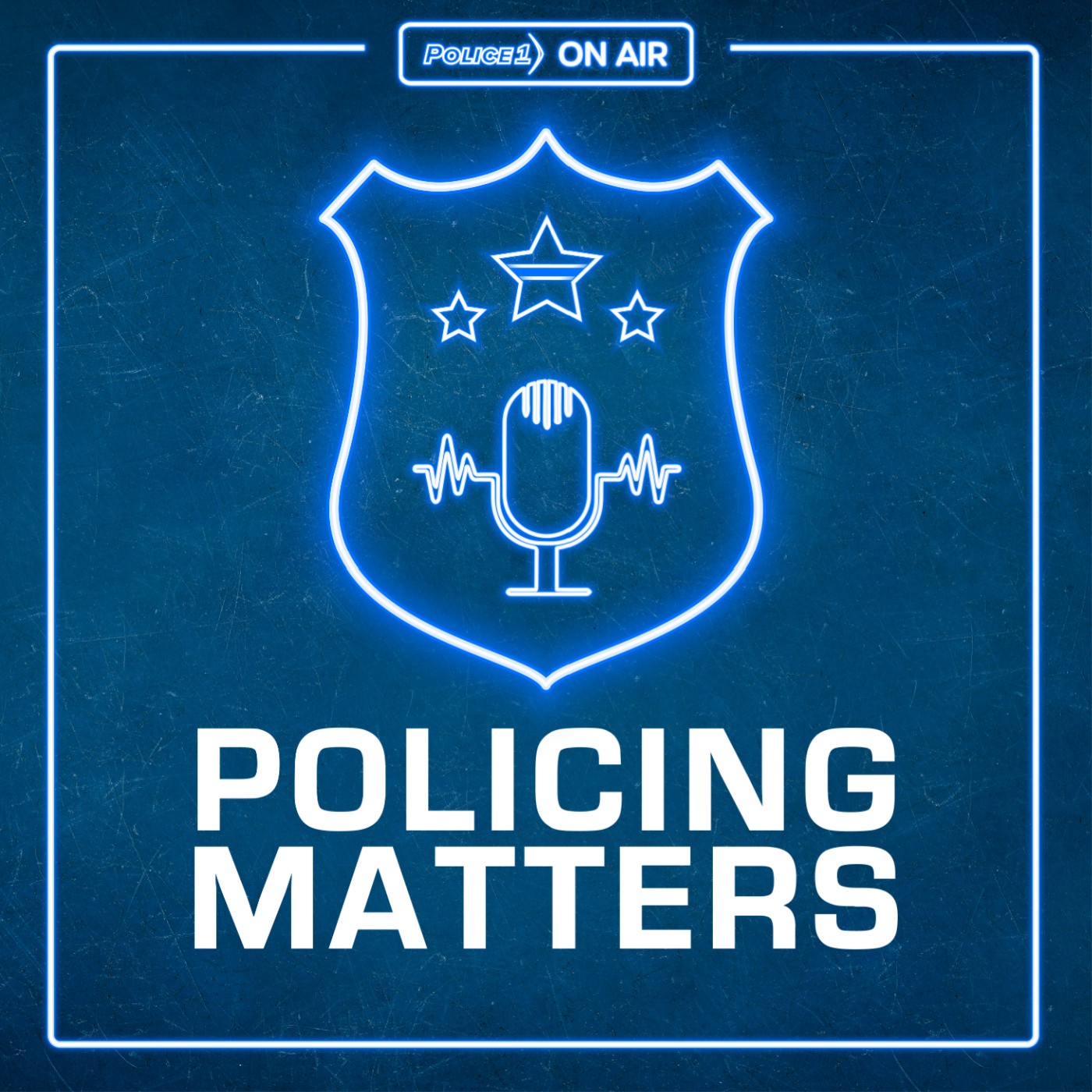
Talking the beat to cover what matters to you as an LEO. Join deputy chief Jim Dudley (ret.) every weekly as he sits down with law enforcement leaders and criminal justice experts to discuss strategy, challenges and trends in policing.
Talking the beat to cover what matters to you as an LEO. Join deputy chief Jim Dudley (ret.) every weekly as he sits down with law enforcement leaders and criminal justice experts to discuss strategy, challenges and trends in policing.
Episodes
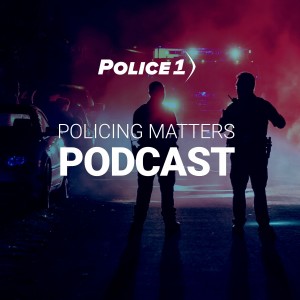
Wednesday Aug 11, 2021
Peter Moskos on strategies to reduce violent crime
Wednesday Aug 11, 2021
Wednesday Aug 11, 2021
As Lexipol’s own Gordon Graham is wont to say, “Predictable is preventable” and that is probably true when it comes to the homicide spikes nationwide in 2020 and 2021. In a recent article in the Wall Street Journal, former Baltimore Police Department officer and professor at John Jay College of Criminal Justice Peter Moskos wrote, “Civil unrest and calls for police accountability don’t directly cause an increase in murders and other violence. The danger is when antipolice sentiment rises to the point where policing is seen as the primary problem to be solved rather than as an essential part of maintaining public order and safety. Onerous restrictions on the police can lead to the worst of both worlds: poorer policing and more violence…Mayors, city councils and police chiefs must accept responsibility for dramatic increases in street violence under their leadership, and they must be ready to defend the legal and necessary use of force by police.” In this episode of Policing Matters host Jim Dudley chats with Peter, who launched the Violence Reduction Project in late 2020, about the strategies cities and communities can deploy to address the rise in violent crime.
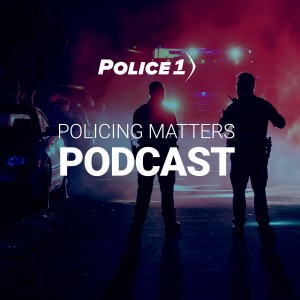
Wednesday Aug 04, 2021
Erica Sandberg on the increase in property crime and retail theft
Wednesday Aug 04, 2021
Wednesday Aug 04, 2021
You may have seen the viral video of a masked suspect in San Francisco astride his bicycle deep down an aisle of a retail drug store, corralling armloads of expensive makeup and sundries into a plastic garbage bag on his bicycle handlebars. There is a security officer in the frame, recording the brazen grand theft burglary with his cellphone. He even takes a swipe for the bag as the criminal escapes with his loot. In this episode of Policing Matters, host Jim Dudley speaks with consumer finance expert Erica Sandberg about how the increase in property crimes and retail theft impacts business districts and erodes community safety and quality of life.
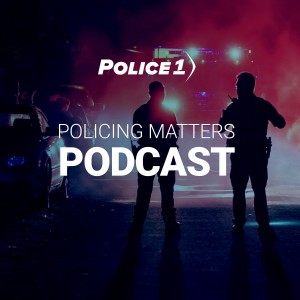
Tuesday Jul 27, 2021
Katherine Schweit on how to end mass shootings
Tuesday Jul 27, 2021
Tuesday Jul 27, 2021
If you review the FBI report on active shooter incidents from 2000-2019, you will find that in 277 incidents, there were 2,430 casualties, including 1,546 wounded and 877 deaths. We have seen recent spikes in mass shootings in 2021 already. What is the answer? How can we limit or stop the increasing number of mass shooters? In this episode of Policing Matters, host Jim Dudley speaks with attorney Katherine Schweit, who spent 20 years with the FBI as a Special Agent executive. After the Sandy Hook massacre, she was assigned to head the FBI’s active shooter program where she authored the FBI’s seminal research, A Study of 160 Active Shooter Incidents in the United States, 2000-2013. Through her extensive experience, Schweit has become an expert in active shooters, mass shootings, and security policies and procedures. She is the author of the book, “Stop the Killing: How to End the Mass Shootings Crisis” set to be released by Rowman and Littlefield on August 15th, and runs Schweit Consulting LLC, providing leadership counseling, security advice and safety training to hospitals, businesses, religious organizations, educators and government clients.
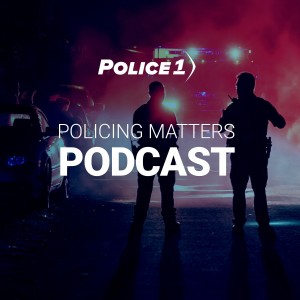
Wednesday Jul 21, 2021
Chief Don De Lucca on the BolaWrap
Wednesday Jul 21, 2021
Wednesday Jul 21, 2021
Host Jim Dudley continues his reports from the FBINAA 57th Annual National Conference in Orlando, Florida. In this episode, Jim speaks with former past president of the IACP Chief Don De Lucca, who now serves as a public safety ambassador for WRAP Technologies, about how the company’s device – the BolaWrap – aids law enforcement officers in safely restraining resistant subjects.
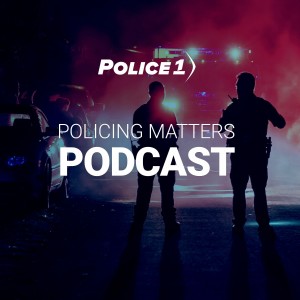
Thursday Jul 15, 2021
How ‘officer-created jeopardy’ is framing discussions about police use of force
Thursday Jul 15, 2021
Thursday Jul 15, 2021
There is currently a shift away from holding suspects responsible for the consequences of their decisions to placing blame on the officer's use of force. This concept of “officer-created jeopardy” is being debated among academics and used to inform changes in police training and response. In this episode, Jim Dudley talks with Lewis “Von” Kliem, editor of the Force Science Institute’s FSI Newsletter bulletin, about police use of force training, de-escalation, qualified immunity and other use of force issues, as well as a recent article he authored about a new report that shows San Francisco police peacefully resolved 99.9% of crisis-related calls.
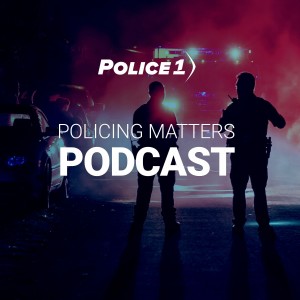
Thursday Jul 08, 2021
Below 100: A commonsense approach to officer safety
Thursday Jul 08, 2021
Thursday Jul 08, 2021
This week, host Jim Dudley reports from the FBINAA 57th Annual National Conference in Orlando, Florida. In this episode, he chats with Below 100 instructor Sergeant Jeff Welch about the tenets of this officer safety initiative that aims to eliminate preventable line-of-duty police deaths and serious injuries through training that focuses on areas under an officer’s control.
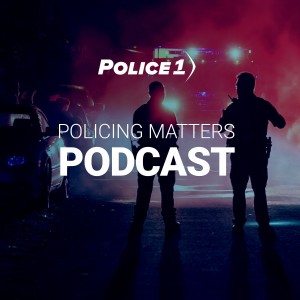
Thursday Jul 01, 2021
How emotional intelligence benefits officers both on and off duty
Thursday Jul 01, 2021
Thursday Jul 01, 2021
Policing often involves personal communications between the officer and a variety of other actors including peers, supervisors, citizens, crime victims and offenders, yet development of communication skills receives little attention in the police academy. Emotional intelligence is a key part of being a successful communicator, as well as providing benefits in many areas of your life. On this episode of Policing Matters, host Jim Dudley chats with Dr. Michael Goold and Dr. Obed Magny about the need for agencies to provide training for officers to develop their emotional intelligence skills. ABOUT OUR GUESTS Dr. Michael Goold retired as a chief of police after 23 years in law enforcement. He served in many capacities including patrol officer, communications center supervisor, corrections watch commander and CSI/detective division assistant commander. His doctoral dissertation examined traumatic stress and 9-1-1 personnel. He is a certified executive coach and certified facilitator in emotional intelligence. Most importantly, he’s a husband, father and grandfather. Dr. Obed Magny is the founder and CEO of Magny Leadership, a service offering emotional intelligence training and coaching for law enforcement and justice professionals. Obed is an international keynote speaker and advocate for evidence-based policing. He helps police organizations become transformative in building trust and legitimacy by creating innovative strategies to reduce negative interactions between public safety officers and the public, all of which are part of his mission to change the perspectives of public safety from negative to positive. Dr. Obed is a police officer with 17 years of experience.
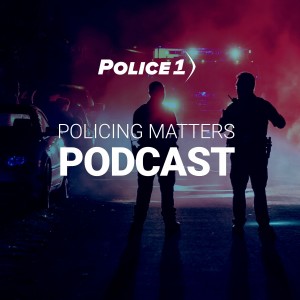
Wednesday Jun 23, 2021
Dr. David Black on how the Cordico app provides wellness support for cops
Wednesday Jun 23, 2021
Wednesday Jun 23, 2021
It cannot be overstated that 2020 was a tough year for anyone connected with public safety and 2021 seems to be on par for the same level of stress, although hopefully to a lesser extent, experienced by our police, sheriffs, 911 emergency communications personnel, firefighters, EMS providers and others. There is good news that comes in the form of support and wellness for these heroes and their families and support groups. Cordico is a wellness application that addresses the needs of our public safety family. On this episode of Policing Matters, host Jim Dudley chats with Cordico founder and president Dr. David Black about his work to provide customized, confidential, mobile wellness applications for law enforcement agencies nationwide.

Thursday Jun 17, 2021
Policy-based recording is a gamechanger for police bodycams
Thursday Jun 17, 2021
Thursday Jun 17, 2021
Body-worn cameras first began to be deployed in the mid-2000s in the UK and the early 2010s in the United States, primarily to capture on-scene statements and video evidence relating to domestic violence incidents. The use of these cameras soon morphed into a police “monitoring” tool in order to “catch” officers doing something wrong. In reality, the majority of body-worn camera videos show officers doing professional and heroic work while facing extreme danger, as well as dispute fraudulent citizen complaints against LEOs. On this episode of Policing Matters, host Jim Dudley chats with Jason Dombkowski, who serves as director of law enforcement relations for BodyWorn by Utility, Inc., and Bill McAuliffe, the director of professional services for Lexipol, about new BWC technologies and policy-based recording that are helping improve officer safety. Jason retired as Chief of Police in January 2019 after 25 years of service with the West Lafayette (Indiana) Police Department. Under his leadership, his agency was the first law enforcement agency to deploy police body-worn cameras in Indiana in 2012. Bill is a 22-year veteran of law enforcement who served in positions including patrol watch commander, professional services lieutenant, chief pilot and jail commander.
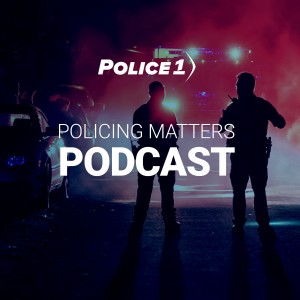
Wednesday Jun 09, 2021
Why PDs must open their doors to build community trust
Wednesday Jun 09, 2021
Wednesday Jun 09, 2021
As the policing scrutiny continues around issues such as use of force and broken windows policing to traffic stops and other enforcement operations, communities say they are left out of the loop when it comes to how their local law enforcement agencies operate. Is it time to provide more interaction and transparency in how we deal with policing policies and the community? On this episode of Policing Matters, host Jim Dudley chats with two experts in the field of police and public policy, Dr. Darl H. Champion, Sr., Professor Emeritus of Justice Studies at Methodist University in Fayetteville, NC, and Chief Harold Medlock who served as chief of police for the Fayetteville Police Department and for over two decades with the Charlotte-Mecklenburg Police Department. Discussion points include the importance of police transparency, how to conduct meetings with the public and the topics police departments should consider for discussion.
